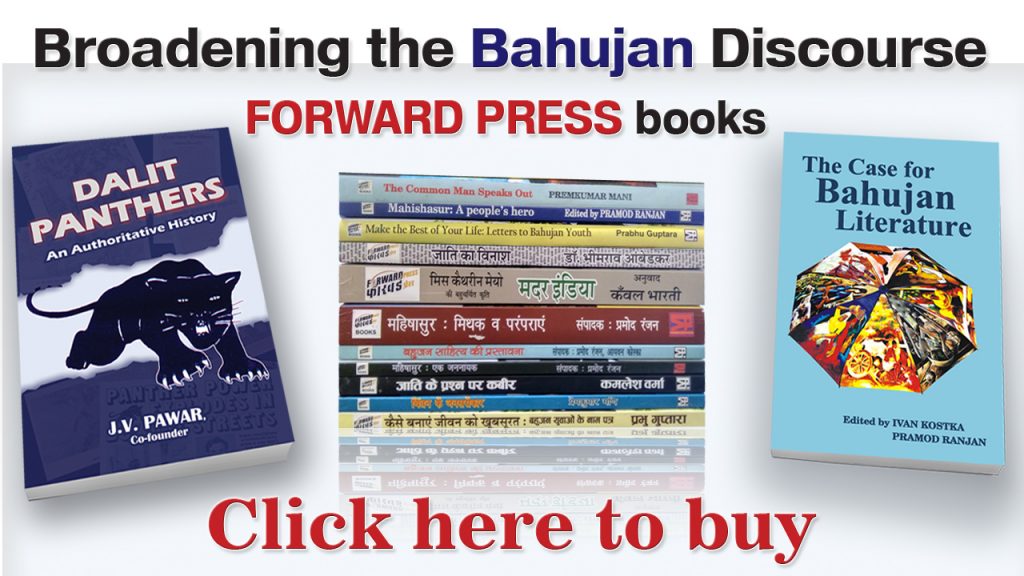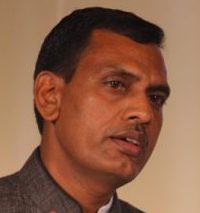The news that hundreds of mobile phones in India were hacked using the Pegasus spyware, a product of the Israeli company NSO Group, has sent shockwaves through the country. The Narendra Modi-led central government is being accused of spying on politicians, social workers and media personnel. This development has made international headlines and has been noted as being dangerous for Indian democracy. This global outrage is not without reason. Besides around 40 journalists, those who were placed under surveillance included ruling as well as opposition politicians, a former election commissioner, heads of an investigative agency, social activists and industrialists.
This became known as part of a larger expose covering several other countries by 17 leading media institutions of the world, raising many eyebrows. The issue also caused tumult in the monsoon session of Parliament. There is no doubt that the very serious issue of spying on citizens using the services of a foreign company has brought great infamy to the Rashtriya Swayamsevak Sangh (RSS)-controlled central government.
The NSO Group says that it sells its products only to governments. This clearly means that the government was in the know of the purchase and use of the spyware. Pegasus could not have been used for surveillance without the permission of the Prime Minister and Union Home Minister. Clearly, the Union Government was involved in the entire episode. In a democracy, the governments should protect democracy. But the Government of India, which claims itself to be the biggest democracy in the world, has been busy breaching the right to privacy of its own people.

The matter cannot be dismissed by saying that governments do place people under surveillance and that investigative and intelligence agencies do tap phones. There is no doubt that governments need to put people involved in criminal and anti-national activities under surveillance. But there is a well-laid procedure for it. That involves the people of India, their Constitution and their government. Foreign powers have no role in it. But the Pegasus affair is an assault on the express and implicit trust between the people and their government. The spying episode marks the beginning of a dangerous trend of a government using its agencies to spread fear among the people and blackmail them. The initiators of this trend, Narendra Modi and Amit Shah, both committed volunteers of the RSS, want to remain in power for life.
Democracy is a natural and spontaneous process and a certain decorum is always maintained in politics. However, at present, there is a certain blatancy about politics and that is shaking the foundations of democracy in India. The Pegasus spying scandal is indicative of the collapse of our democratic system. It also shows that foreign powers are interfering in the affairs of the country.
Why is the government doing all this? Is some force trying to destroy Indian democracy with the help of Israel? Everyone knows which forces in India are anti-democracy and pro-Israel and bent on turning India into a unitary theological state.
The Sangh loves Israel and sees it as a model for “dealing” with the minorities. The RSS can go to any extent to fulfil its dream of turning India into a Hindu Rashtra and it won’t mind compromising with the country’s sovereignty to achieve its objective.
Going by the list of potential targets of the spyware, it is apparent that they are not only those who could have come in the way of the successful execution of the Hindu Rashtra project, but also those who are members of the ruling party and others who are part of the government. This betrays the desire of the protagonists of Hindu Rashtra to remain in power for as long as possible.
The entire episode can also be seen as an attempt to lay down new traditions in Indian politics. It seems that the government has lost faith in its own agencies and is in the grip of extra-constitutional forces who are against the constitutional, democratic and secular character of the country and want to vanquish their opponents using undemocratic means. It lays bare the dangerous intent of the Sangh.
The use of Pegasus is an assault on the right to privacy of the opposition leaders and on their right to indulge in political activities and forge strategies. If the government hacks the phones of opposition leaders, their personal staff, friends, advisers and strategists, how will they be able to mount protests against the anti-people policies of the government through demonstrations or movements? This is an attempt to make democracy unipolar and a sign that a dictatorial regime is waiting to show its true colours.
How will we now define the right to freedom of expression and the right to privacy of the people? If someone is in disagreement with the powers that be and wants to make his disagreement public through his speech or writing, what is he or she supposed to do? If the media needs to question the conduct of the government, does it require the government’s permission? Will stories and articles be subject to censorship? This situation is worse than that of a formal Emergency. Though the country continues to be democratic in theory, democratic rights, structure and processes have been destroyed.
The revelations kicked up a furore not only nationally but also internationally. But how did the government react? Its reaction was nothing short of criminal. It did not say who did the spying. It did not say whether spying was done by the government itself or by a third party with the consent of the government. The government is not clearing the air and is creating an atmosphere of suspense. It is trying to question the credibility of the media reports that exposed the hacking. It is also questioning the timing of the expose – the lead-up to the Monsoon session of Parliament. It is saying that the expose is an attempt to give a bad name to India and to destabilize the Narendra Modi government.
The RSS has quite an expertise in derailing any discourse by proffering baseless arguments and flawed logic. The government’s reaction is a copy of the Sangh’s strategy. But the fact is that the hacking episode is a reprehensible attempt at wreaking vengeance on political opponents. It lays down a hideous tradition. It will not only ruin the democratic character of our nation-state but also adversely impact the personal freedom of the people.
Earlier, malware was placed on the computers of socio-cultural activists to frame 16 of them in the Bhima-Koregaon case. One of them, Father Stan Swamy has died in custody and many of the others languishing in jail are facing physical and mental problems. Barring Varvara Rao, none of the others has got bail.
The government of the RSS, led by its volunteers, has been trying to frame hundreds of Indian citizens in cases like Bhima-Koregaon and Pegasus has been used for this purpose. The attempt is to access the mobile phone data to deprive the people of their civil liberties and political freedom and to establish a dictatorship by throttling opposition.
Pegasus is not only about spying. It is a project for ruining Indian democracy, for establishing fascism. This is a brazen attempt by the government to control its people. It will lead to horrendous consequences.
The Sangh is trying to establish a nation based on the brahmanical Manusmriti. The message in the Pegasus episode is that those who are opposed to it will be put under surveillance. We are in a dark age – at its darkest yet.
(Translation: Amrish Herdenia; copy-editing: Anil)
Forward Press also publishes books on Bahujan issues. Forward Press Books sheds light on the widespread problems as well as the finer aspects of Bahujan (Dalit, OBC, Adivasi, Nomadic, Pasmanda) society, culture, literature and politics. Contact us for a list of FP Books’ titles and to order. Mobile: +917827427311, Email: info@forwardmagazine.in)
The titles from Forward Press Books are also available on Kindle and these e-books cost less than their print versions. Browse and buy:
The Case for Bahujan Literature
Dalit Panthers: An Authoritative History







